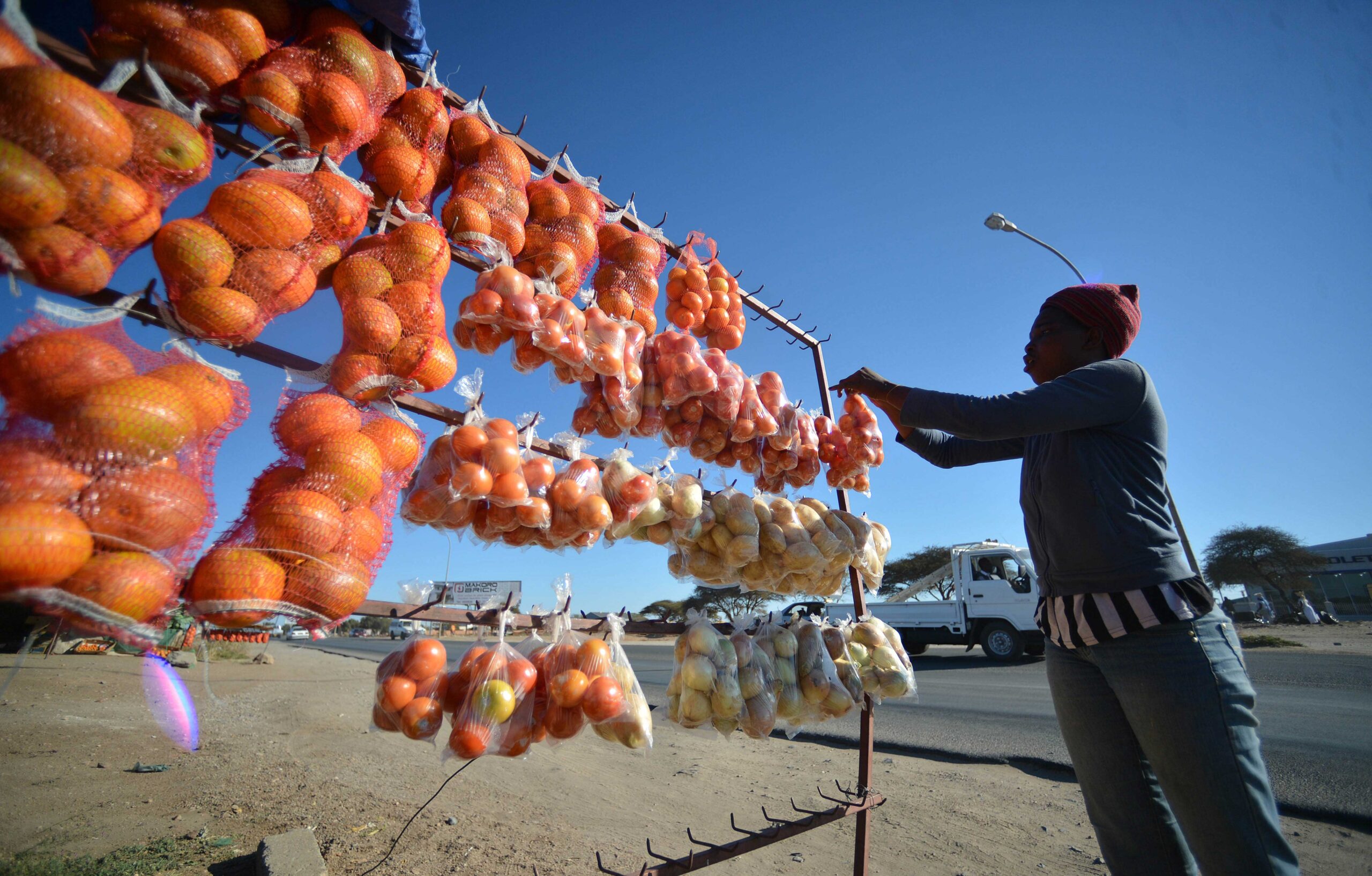BOITUMELO MOGOPA
FNBB Retail Director
As COVID-19 continues to disrupt and devastate countries’ economies, the World Bank foretells that the global economy will contract by 5.2 percent in 2020. And with the largest contributors to Botswana’s GDP, the tourism and diamond sector, having experienced a rapid nosedive, it is estimated that the Botswana economy will only recover from this deep recession in three years.
For the banking industry, it has been heartbreaking to see many of our customers’ lives and incomes turned upside down overnight during lockdowns. Both individuals and businesses are under immense financial pressure as the uncertainty continues to impact incomes. Globally, scientists have warned that COVID-19 is here for a long ride. So the question is, what’s next? How do we stay afloat economically? How do individuals and businesses remain afloat in these turbulent times? Do we give in and hibernate or shed our skin?
Here are a few tips on what small businesses and individuals can do to more than just survive but soar and swim against the tide of all the negative effects of COVID-19.
1. Innovation and re-invention are inevitable for small businesses. COVID-19 has shown us that in this new era, not having an online presence or delivery services can have damaging effects on businesses. Now more than ever, businesses need to turn to e-commerce because with it comes convenience, improved efficiencies and most importantly, safety for both customers and businesses as personal interaction is limited.
With the Internet widely accessible via both computer and mobile devices, sellers and buyers’ interaction is just one click away. Businesses can register their services on online market places that are both available via the Internet and USSD codes (which can be accessed through any phone) and interact with customers remotely, reaching potential buyers anywhere any time. And with digital banking, trade becomes even smoother, making payments of goods and services offered/received hassle-free.
2. Forging strategic partnerships and alliances. To achieve maximum cost saving and efficiency gains, small businesses that are in the same line of business can form partnerships such as sharing office space, warehouses and transport. Additionally, putting in place flexible working arrangements that allow employees to work from home can have a significant reduction in operational costs.
Another form of strategic partnership can be achieved by signing sales agreements between producers and retailers to facilitate timely and uninterrupted supply of goods to keep their customers satisfied and in turn ensuring guaranteed market for producers despite market turbulence.
3. Live below your means. Ever heard of the statement “live below your means” from accomplished millionaires? Now is a good time to take a page from these moguls’ book. We need to adopt a culture of saving and investing because we don’t know what the future holds. Businesses are retrenching, employment contracts are not being renewed and businesses are closing. Even those who thought they had the most secure jobs are at risk. To cushion ourselves from these effects, we need to understand that gone are the days of luxury and frivolous spending because this is a time to spend on real essentials. When it comes to savings and investments, there is practically everything for everyone. It could be a flexible savings account that you can withdraw on a rainy day or a long-term investment that you can reap long-term benefits from. Whatever works for you, go for it.
4. Side hustle: With every situation comes a new need to fulfil new opportunities. Look around because there are many business opportunities that people with full or part-time jobs can do. Locally, many organisations allow their employees to have a business on the side. So if you are lucky to have such an open-minded employer, this is your time to turn your passion into to a revenue generating hustle and make a few extra bucks to sustain yourself during and after COVID-19.
5. Upskilling and retooling. As individuals, we need to be versatile and agile. It is crucial to think on your feet to better manage volatile periods such as these. Those who continue to re-tool and re-skill themselves stand a better chance of staying employed and/or finding new jobs. There are new emerging skills such as data science, digital marketing, business intelligence and quantitative analysis. There are ample online courses both free and affordable in this area which young people can and should take advantage of.
The time is now to turn your life into a success story and create a legacy to be remembered for generations to come. We can still change Botswana’s narrative on COVID-19.

